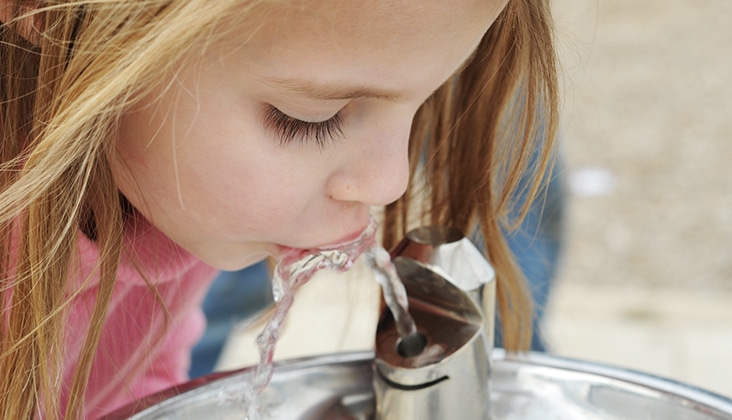
Chemical Found in Drinking Water Linked to Dental Caries in Children
According to a study by West Virginia University School of Dentistry researchers, children with higher concentrations of perfluorodecanoic acid are more likely to develop caries than the general pediatric population.
According to a study by West Virginia University School of Dentistry researchers, children with higher concentrations of perfluorodecanoic acid are more likely to develop caries than the general pediatric population. Reporting in the paper, “Perfluoroalkyls/Polyfluoroalkyl Substances and Dental Caries Experience in Children, ages 3–11 years, National Health and Nutrition Examination Survey,” published in the Journal of Public Health Dentistry, the team studied whether higher concentrations of manufactured chemicals called perfluoroalkyl and polyfluorolkyl (PFAS) were associated with higher incidence of pediatric caries. Because the chemical bonds of PFAS are difficult to break down, the substances remain in the environment—especially in drinking water systems, researchers said.
Perfluorodecanoic acid is one of seven PFAS that have been linked to health problems. The investigators analyzed blood samples of 629 children ages 3 to 11 who were part of the National Health and Nutrition Examination Survey for PFAS in 2013 and 2014. Dental caries and oral hygiene care were also assessed. While perfluorodecanoic acid was associated with higher incidence of caries, scientists say more research is needed to determine how it affects normal tooth formation.

